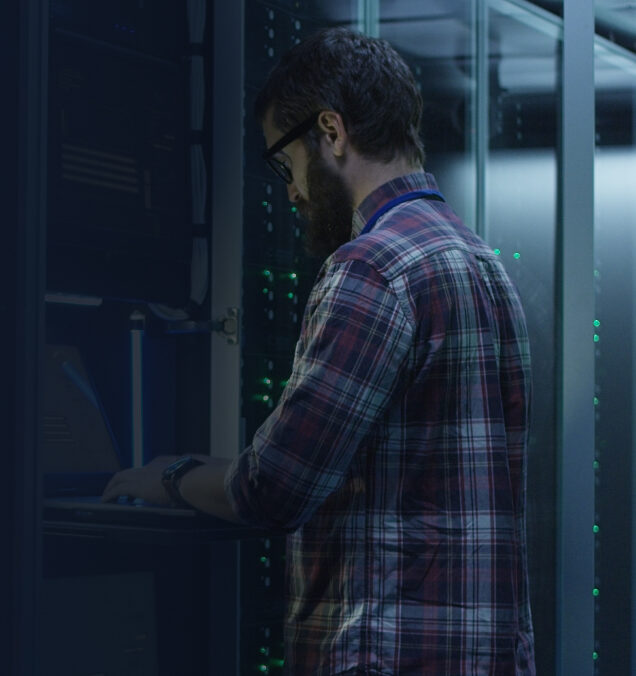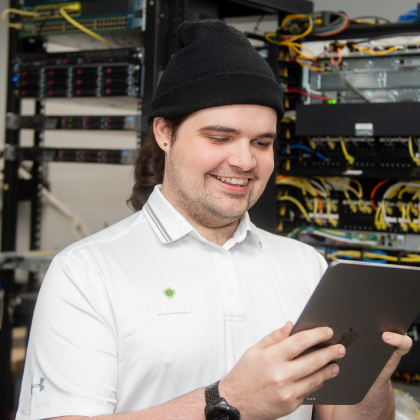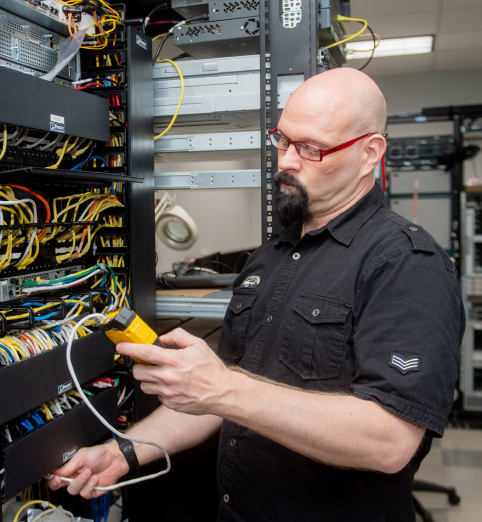So, before all the DC comic fans begin sending me hate mail for dissing their favorite superhero, let’s qualify the title of this article. Though I’m a fan of “The Flash,” in this case I’m referring to Flash as in SSD: Will it eventually kill the traditional hard drive?
Alas, this is a question that I hear far too often, akin to that of the battle between the traditional versus digital advertising debate of the 1990s—and with that I have just dated myself. But what does this question really mean for those in the storage business, particularly data centers?
It wasn’t so long ago that the computer industry ran exclusively on the concept that business IT was to be envied, mimicked, and swooned over for its power, prowess, and processing speeds. Then somewhere along the way, the age of consumer electronics began overtaking the sexiness of the business world—where people’s home computers began to overshadow and outperform those that sat on their desks at work.
Now, with SSD drives being virtually everywhere, it begs the question as to when and how the “old school” HDD will go the way of the IT Dodo. More importantly, where should the data center team place their bets and spend their money in the not-so-distant future?
Right now, the world remains as is—why, you may ask? Simply put, price. For instance, the average retail price—give or take based on your favorite holiday sale—for either a 256GB or 512GB SSD has been dropping at a fairly consistent rate for almost a decade. In comparison, HDD pricing has remained largely at a standstill. This includes not only the consumer base, but also the enterprise-level storage market, which leaves much to be desired. However, with that, SSD in the enterprise markets still remains far more expensive than that of its counterpart.
Price aside, there seems to be an adherence to the old school. Some argue that the traditional hard drive is still more robust, while others argue that SSD is the wave of the future. With price wars continuing, and the ever-present need for IT hardware support and maintenance, the HDD isn’t going anywhere soon.
Thus, when it comes to investing in IT storage, your flavor of drive style is completely up to you. Neither will steer you wrong, nor will one lead you to your demise. That said, an investment in smaller, cooler running hardware can impact your data center in other ways. It can mean more storage in a smaller space, less heating and cooling challenges, and more.
But then again, I’ve been wrong before. By the way, anyone interested in buying stock in the floppy disk market? Yeah … I didn’t think so.


